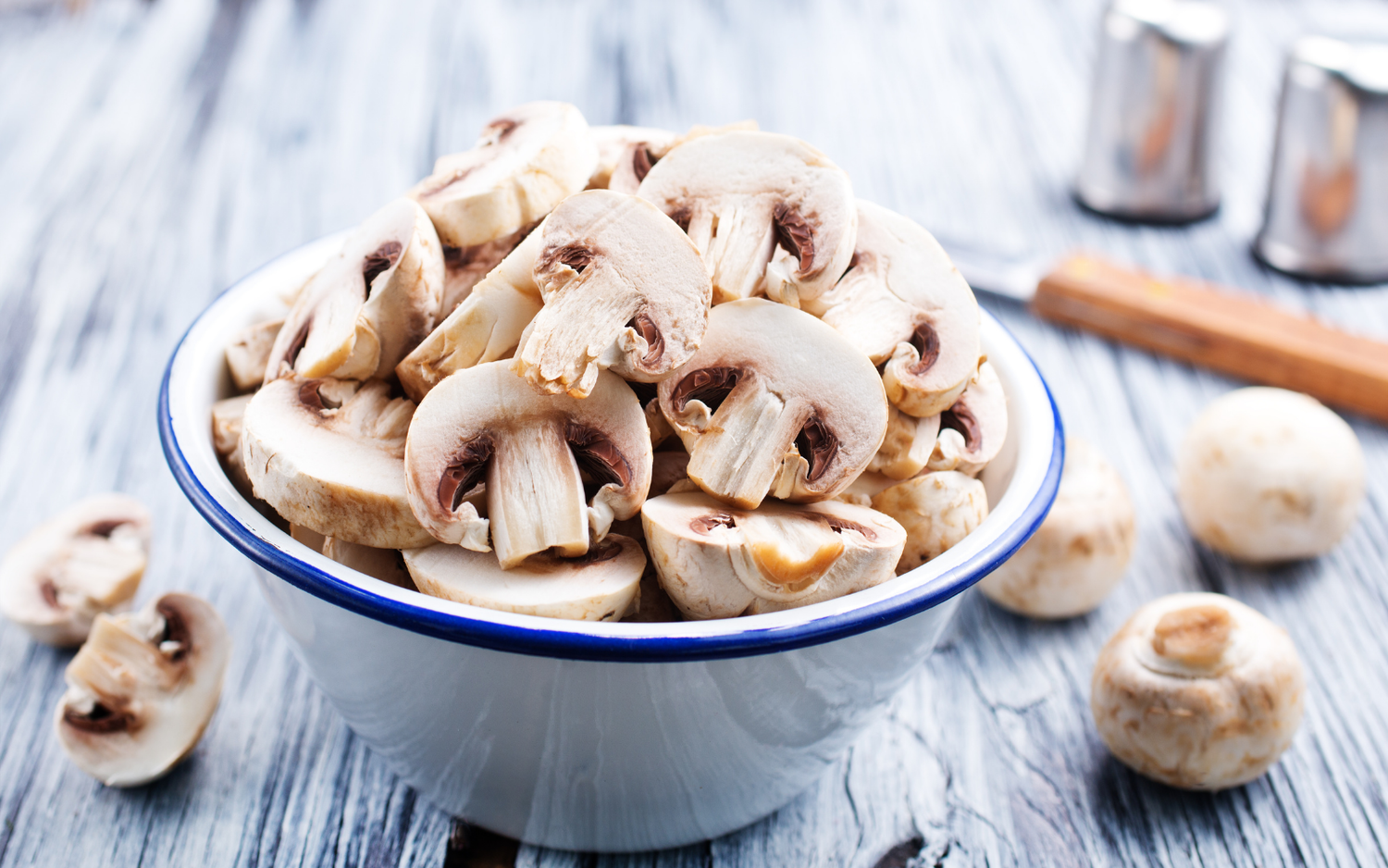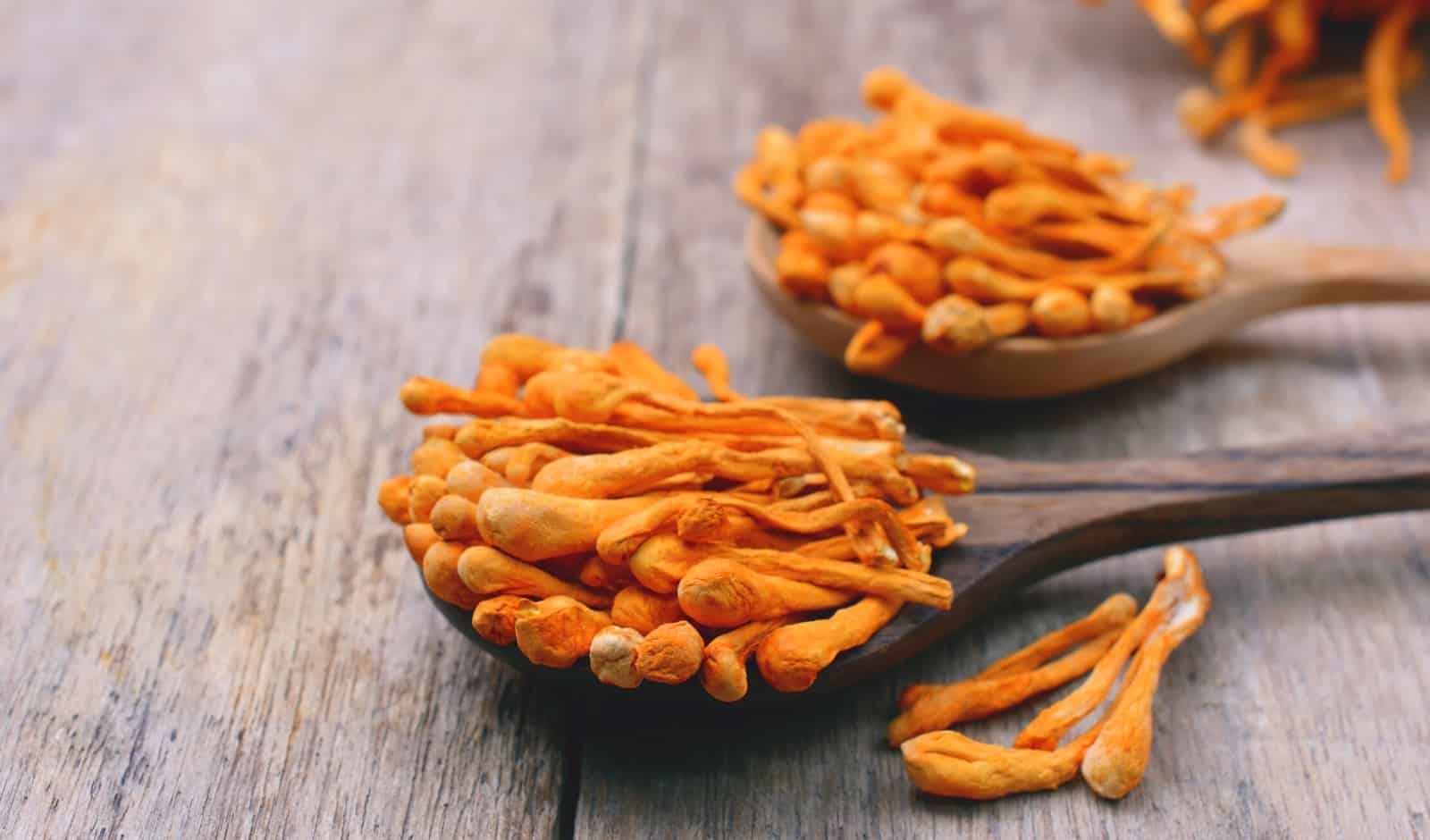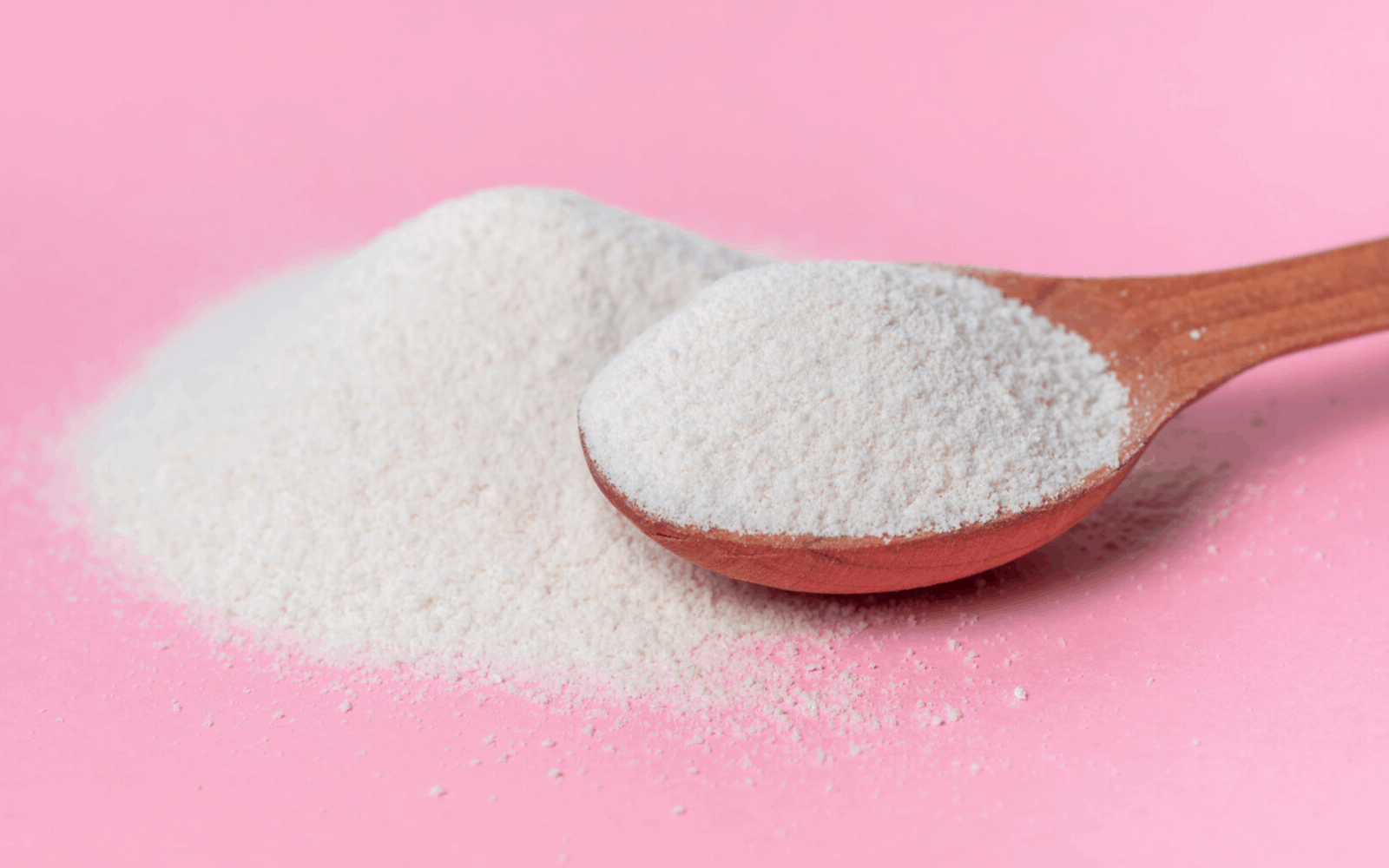If you were recently diagnosed with IBS or a similar inflammatory digestive disease, it makes sense that you want to stick to a low FODMAP diet.
Flare-ups are painful and you want to avoid them as much as possible.
You've noticed by now that mushrooms are instinctively labeled as a high FODMAP food.
There's a big problem with this classification: Mushrooms come in all shapes, sizes, and varieties.
Each mushroom passes through the digestive tract differently and affects your gut in unique ways.
Yes, some mushrooms are extremely high in FODMAPs but others aren't.
Here's a handy guide to help you decide if those mushrooms are FODMAP friendly.
What Makes Something a FODMAP?
FODMAP stands for Fermentable Oligo-, Di-, Mono-saccharides and Polyols. Oglio-, di-, and mono-saccharides aren't one big category. You have oligosaccharides and monosaccharides for example. (1) Basically, the term FODMAP applies to any short-chain carbohydrate that your small intestine can't absorb efficiently which includes categories like- Fructose: In lay terms, fruit sugar. Fructose is often extracted to sweeten other foods too or to create high-fructose corn syrup.
- Fructans: A type of sugar found in agave, wheat, garlic, and asparagus.
- Lactose: A type of sugar found in many dairy products.
- Sugar alcohols: Artificial sweeteners like sorbitol, xylitol, and maltitol found in soda, gum, and mints.
Are Mushrooms FODMAP Friendly?
Monash University in Australia is one of the top research centers around the world studying the FODMAP properties of foods. (3) According to Monash FODMAP studies, not all varieties of mushrooms are off the table completely. In fact, some are still low FODMAP choices even in multiple servings! We checked out the Monash FODMAP research and put the information about different mushrooms together here. You can always check the Monash App to see which varieties of certain foods are low or high in FODMAPs. Here's which mushrooms are FODMAP friendly and which you should avoid completely.Button Mushrooms
(Serving Size: 1 Cup)
Button mushrooms are a no-no for all low FODMAP recipes and low FODMAP diets.
When testing a half-serving and full serving, they still contain high levels of polyols.
Shiitake Mushrooms
(Serving Size: 4 Mushrooms)
Shiitake are high in polyol-mannitol. When Monash tested them at both a full serving and a half serving, they resulted as a high FODMAP food.
Unfortunately, shiitake mushrooms are a bad idea for your low FODMAP diet.
Dried Shiitake Mushrooms
(Serving Size: 4 Mushrooms) While it's true that the drying process can increase the nutritional value of mushrooms (and other foods as well), a full serving size of dried shiitake is still off-limits for low FODMAP recipes. However, there's one caveat: a half-serving seems fine and tested as low FODMAP according to the Monash app.Oyster Mushrooms
(Serving Size: 1 Cup)
Mushroom lovers pay attention here. You can get your fill of fungi with oyster mushrooms!
In terms of fresh mushrooms, oyster mushrooms are the only variety that tested as a low FODMAP food for a full serving. Not only that, but a double serving tested as low FODMAP as well.
Canned Champignon Mushrooms
(Serving Size: 1/2 Cup) Canned champignon mushrooms are also a wonderful choice in moderation. According to Monash's research, a full serving of champignon tests as low FODMAP. Remember that a serving size is only half a cup so watch your pizza and gluten-free pasta recipes closely.Portobello Mushrooms
(Serving Size: 1 Cup)
Although portobello mushrooms make a great alternative to meat, a half-serving and full serving size still test high in FODMAPs.
Enoki Mushrooms
(Serving Size: 1 Cup)
You won't find enoki in most American dishes but they're common mushrooms in Asian recipes.
Keep an eye out for them because enoki has high FODMAP levels in both single and half serving sizes.
Dried Porcini Mushrooms
(Serving Size: 1 Cup)
Dried porcini gets a little dicey so it's best to understand your IBS and body here.
- A full serving size tests high in FODMAPs
- A half serving contains moderate levels of FODMAPs. Most people may tolerate a half cup of dried porcinis.
- A quarter serving tests low in FODMAPs, so a quarter-cup gets a green light for IBS sufferers.
What About Medicinal Mushroom Extracts?
Some people don't like to eat mushrooms at all. Instead, they prefer to take medicinal mushroom powders and extracts.
Are these types of mushrooms FODMAP friendly?
When you consume a medicinal mushroom powder, you're ingesting a concentrated mushroom extract – not the whole mushroom.
For medicinal mushrooms, you want the beta-glucans and other beneficial compounds.
Adding a scoop of dried medicinal mushroom powder to your smoothie or coffee isn't the same as eating an entire serving of raw mushrooms.
Serving size plays the biggest role in dictating whether a food is acceptable on a low FODMAP diet. Since the serving size of medicinal mushrooms is typically quite small, there should be no issues with FODMAP's for regular sized servings of mushroom extracts.


